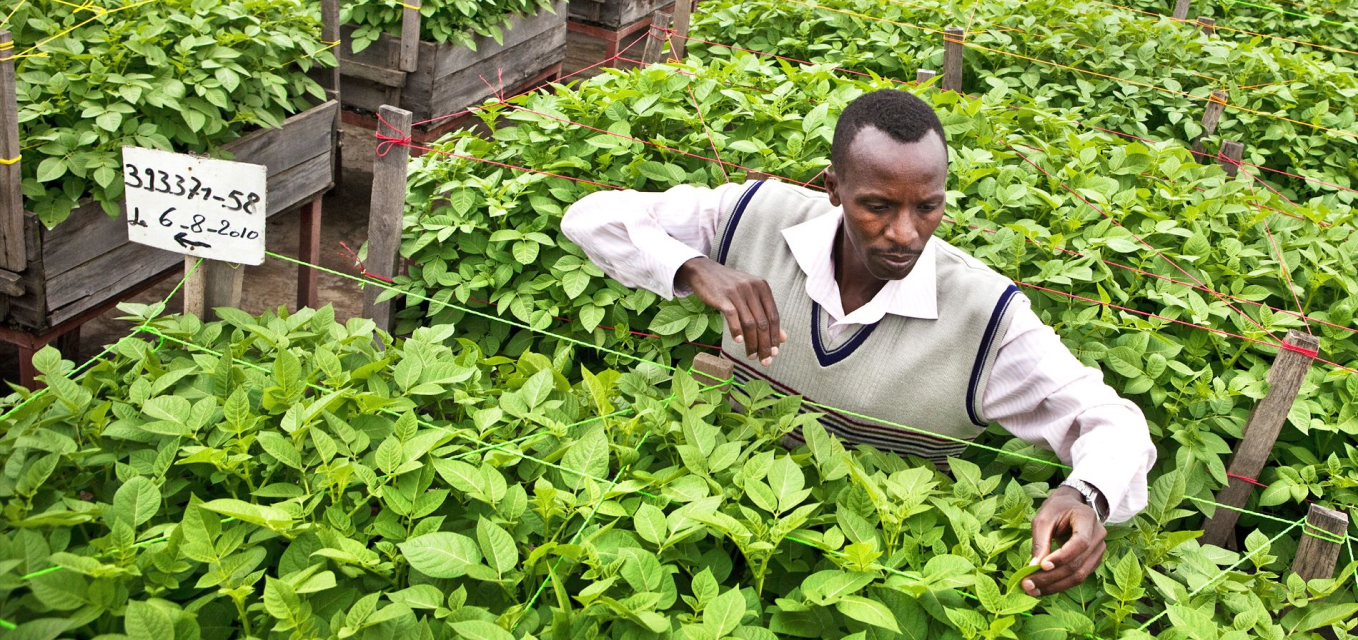Agriculture & rural development

We support sustainable family agriculture, to improve food security and contribute to inclusive economic growth.
What we do
Sustainable agriculture
We assist small businesses and their organisations involved in the production, processing and marketing of agricultural products. We help with the development of the services and infrastructures for farming, and we pay particular attention to women entrepreneurs. We support them to obtain durable access to the market and to increase their revenues by developing fair and solid trade relations between players.
Food security
We help the most vulnerable households, especially women, in increasing and securing their productions and incomes sustainably to protect them in times of crisis and to ensure the permanent availability of food at affordable prices. We assist the local authorities in setting up systems for better monitoring and prevention of food insecurity and better access to the production factors (irrigated lands, inputs, equipment, advice, etc.), the marketplace and storage facilities.
Good governance
We also aim to improve the ability of national and local players to prepare and implement inclusive agricultural policies. Our actions target the Technical Ministries whose duty it is to ensure public service delivery and also local authorities that play a significant role in coordinating and supplying public services. Lastly, we target the farmer organisations to participate actively in the sector dialogue and defend the interests of small producers. We ensure that women are involved in decision-making at all levels.
Management of natural resources
We facilitate good management of natural resources and their importance to local economic development. We assist local authorities, communities and their organisations in introducing community-based natural resource management systems, which produce lasting economic benefits at the same time. We support the creation of a favourable environment for good governance of natural resources at all levels.
Related content
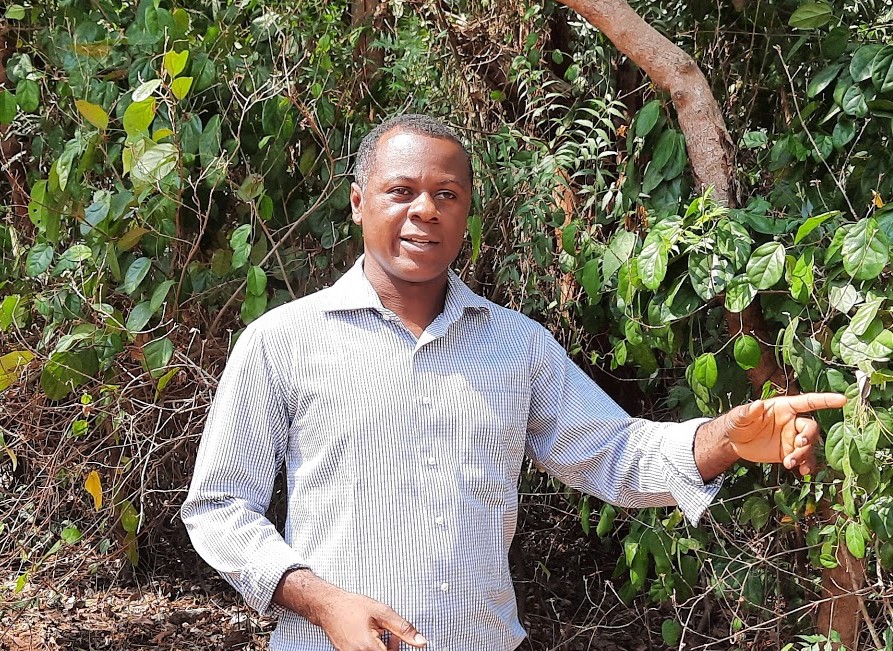
Enabel is involved in a project using drones to develop the pineapple sector in Benin. It aims to provide the sector with a sustainable tool to assure further growth. Interview with Eder Gninou, expert digitalisation in Benin.
Interview with Eder Gninou, drones in the pineapple sector
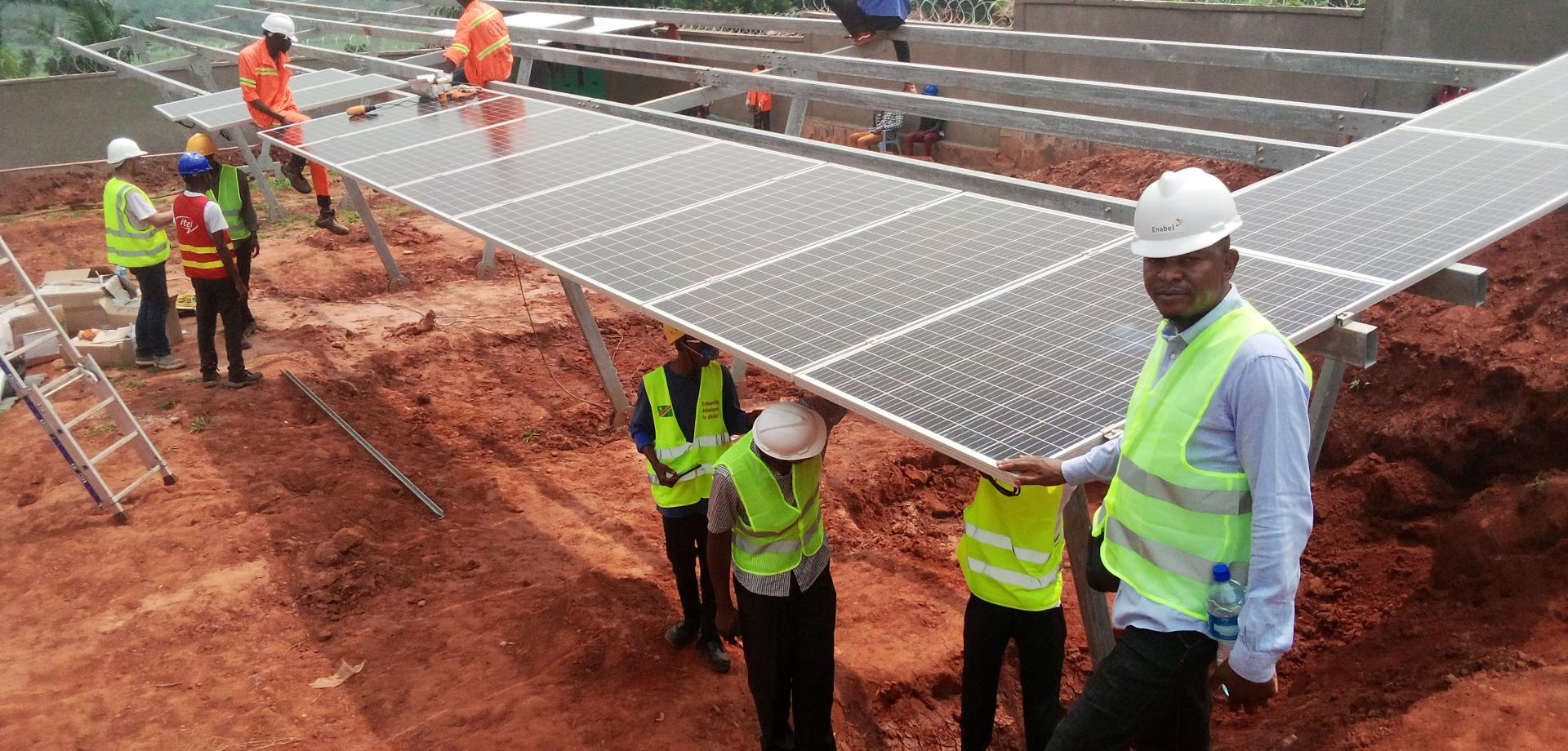
In the Democratic Republic of Congo, most households struggle to access a correct source of drinking water. But how do you solve this when there is no electricity either? Enabel tackles the problem together with local partners.
Solar panels for drinking water
News & Events
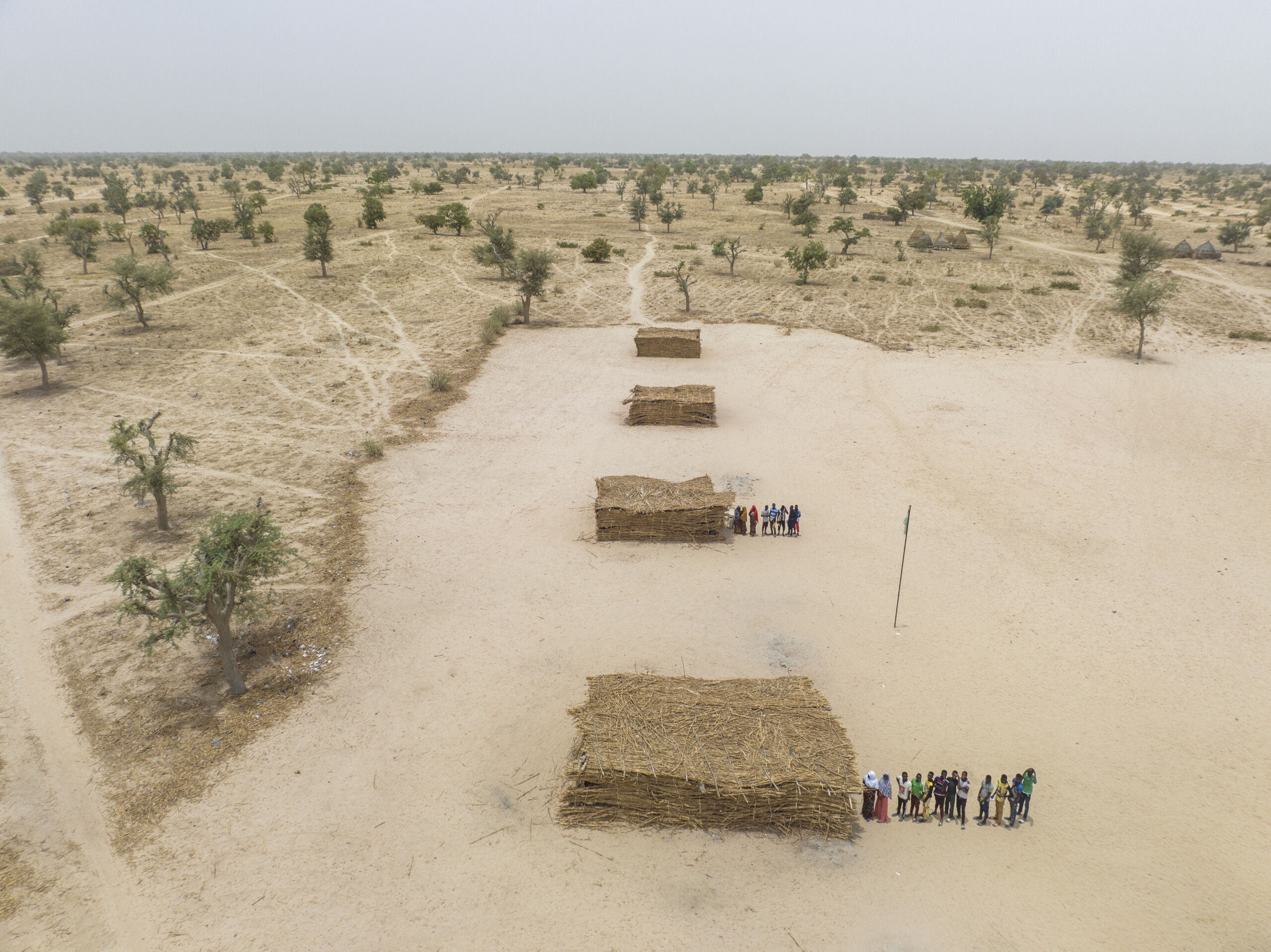 News
News
16 July 2024
The European Union needs to stay engaged in fragile contexts
The European Union has a special responsibility for its neighbouring continents and should play a leading role in international cooperation.
Read more
 News
News
08 June 2024
Investing in the future: 2023 – 2024 Activity report
Find out why we have to upcycle international cooperation. Why Enabel is not only a Belgian, but also a European and African agency. Find out about the starting of activities in a new country: Ukraine. About the launch of activities in the green hydrogen sector.
Read more
 News
News
07 June 2024
Shaping tomorrow’s energy landscape
The urgency of climate change is forcing us to rethink our economies. As the energy transition emerges as central in the fight against climate change, one energy vector stands out in particular: green hydrogen.
Read more
 News
News
07 June 2024
Ukraine: new country, new challenges
In December 2023, the Belgian government mandated our organisation to launch a programme in support of reconstruction in Ukraine.
Read more
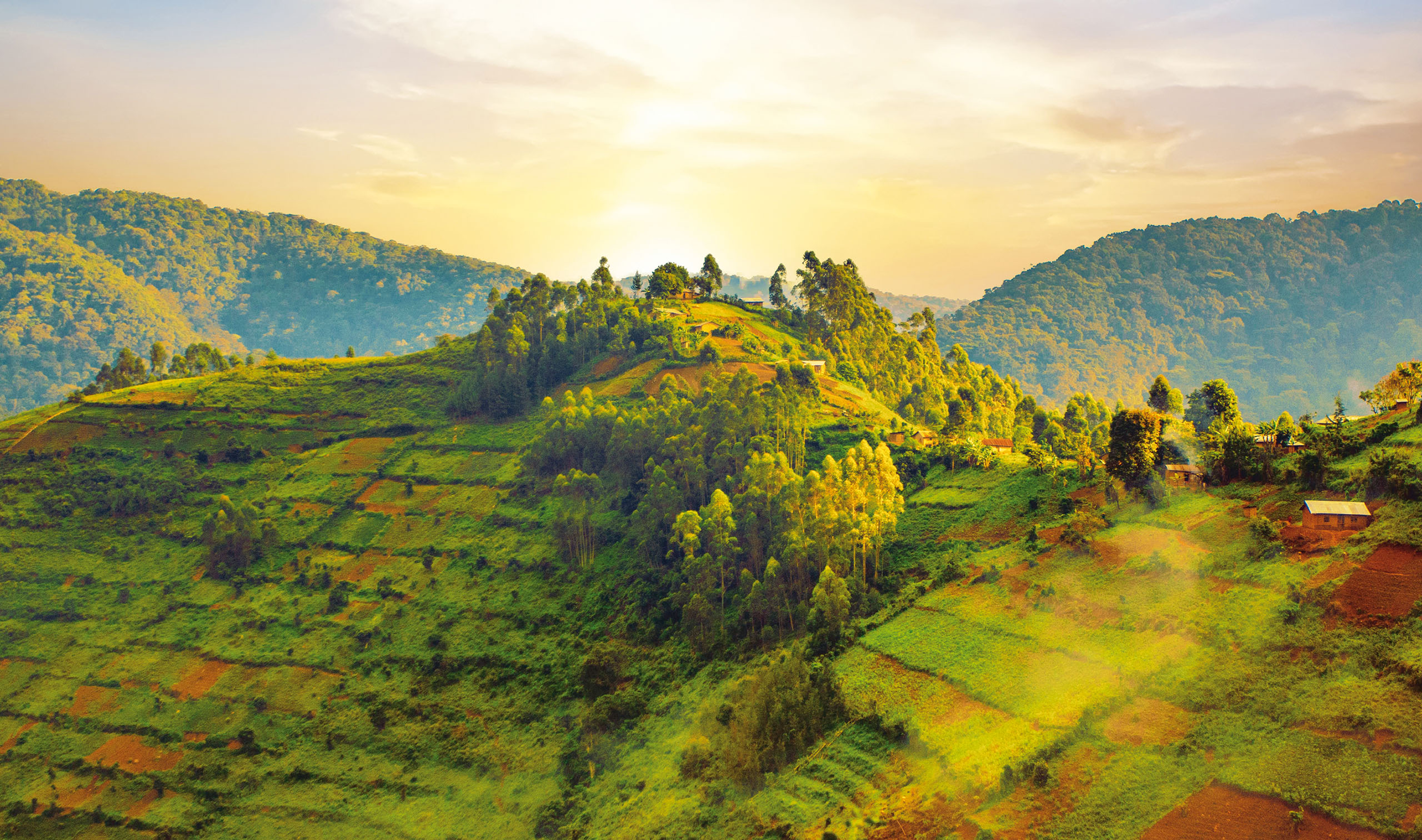 News
News
07 June 2024
How can we finance our future?
While climate crises follow one another, the need to limit global warming to +1.5 degrees appears to be more pressing than ever.
Read more
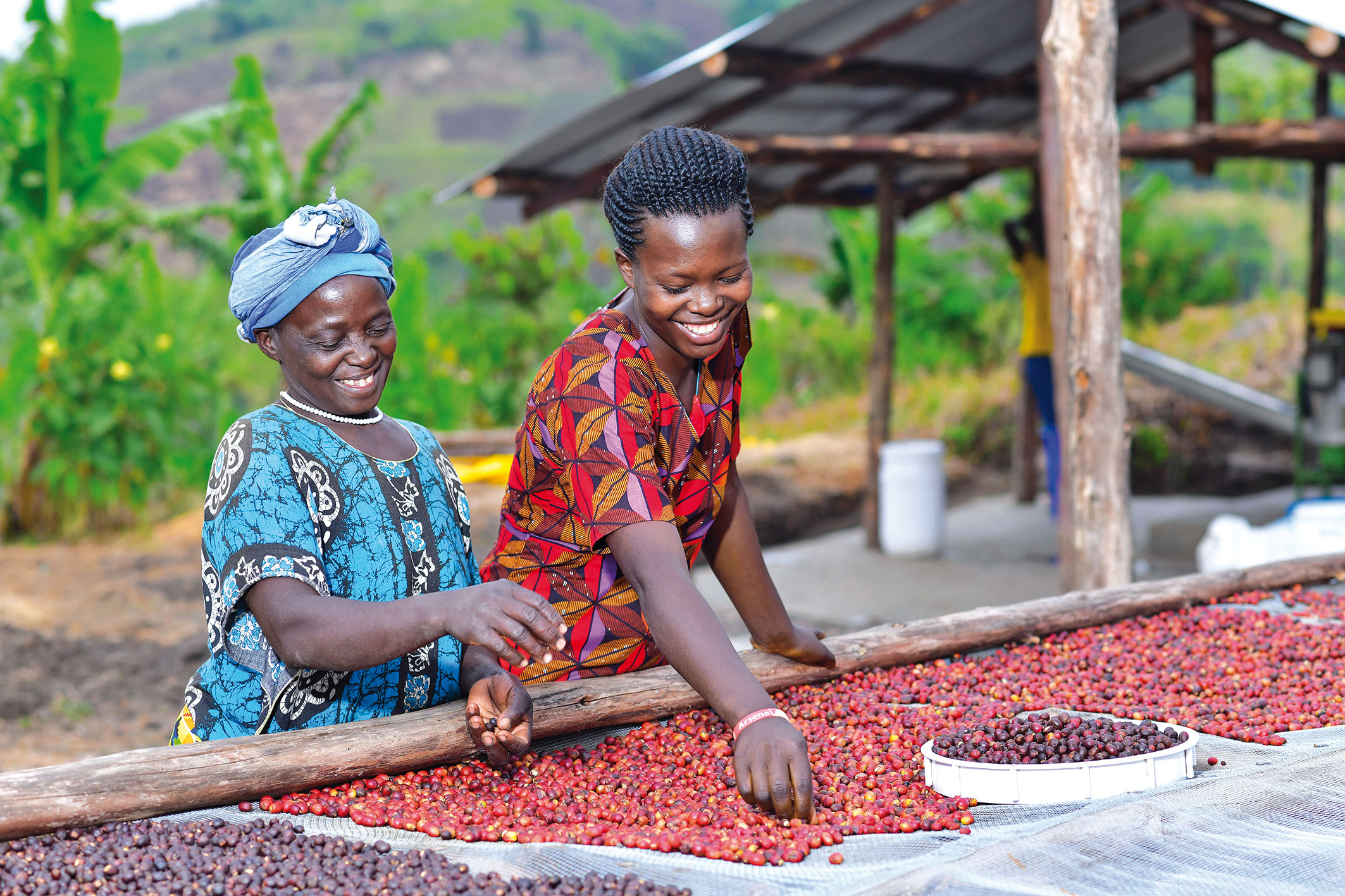 News
News
07 June 2024
Decent work for better social protection
Job creation, workers’ rights, social protection and social dialogue: in the Great Lakes region, we are implementing a series of projects dedicated exclusively to achieving these objectives.
Read more
